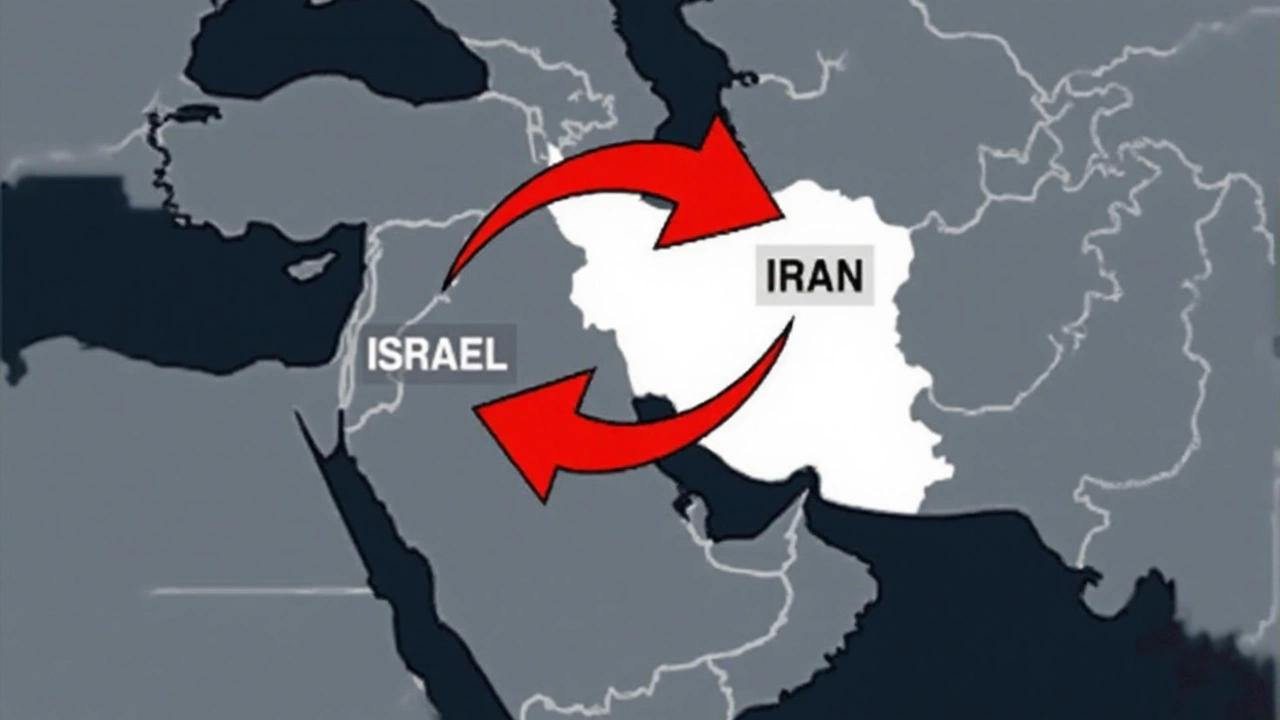Israel-Iran Conflict – What’s Happening Now?
If you’ve been scrolling the news lately, you’ve probably seen headlines about Israel and Iran. The two countries have been at odds for years, but recent moves have pushed the tension close to a breaking point. In this page we break down what’s driving the conflict, the biggest risks, and why you should care even if you’re not in the Middle East.
Why the Tension Is Rising
First, it’s all about security concerns. Israel sees Iran’s nuclear program as an existential threat. Tehran says its nuclear ambitions are for peaceful energy, but Israel and many Western analysts point to secret weapons work and a history of supporting militant groups. This mistrust fuels frequent air‑strike warnings, cyber attacks, and diplomatic sparring.
Second, proxy wars keep the rivalry alive. Groups like Hezbollah in Lebanon and Hamas in Gaza receive backing from Iran, while Israel often responds with strikes in Syria or elsewhere. Each side uses these groups to push its agenda without risking an outright war.
Third, regional politics are shifting. New alliances, like the Abraham Accords, have brought some Arab states closer to Israel, isolating Iran further. At the same time, Iran’s partnerships with Russia and China give it more backing, which worries Israel and its allies.
What It Means for the World
Even if the fighting stays on the diplomatic or cyber front, the ripple effects are huge. Oil markets feel every flare‑up, with prices spiking as traders fear supply disruptions. Energy‑dependent countries watch these headlines closely because a bigger conflict could choke off crucial shipping lanes.
U.S. and European policies also hinge on the situation. Sanctions on Iran, military aid to Israel, and diplomatic talks all shift as the tension changes. Any misstep could draw bigger powers into a direct confrontation, something the world wants to avoid.
For everyday people, the conflict can affect travel plans, global tech supply chains, and even the cost of everyday goods. A cyber attack on critical infrastructure, for instance, could impact banking or internet services far beyond the Middle East.
Overall, staying informed helps you understand why a distant conflict matters to your life. Keep an eye on reliable news sources, watch for official statements from both governments, and watch how other countries react. The Israel‑Iran conflict is a moving target, and the next big development could happen at any time.

For 12 days in June 2025, Israel and Iran traded blows almost entirely by air. No border crossings, no armored columns—just jets, missiles, drones, and cyber tools. Geography, economics, and the fear of wider war shaped every decision. The U.S. stepped in from the air on day nine. A ceasefire followed, but the lessons point to how modern wars are fought and contained.
